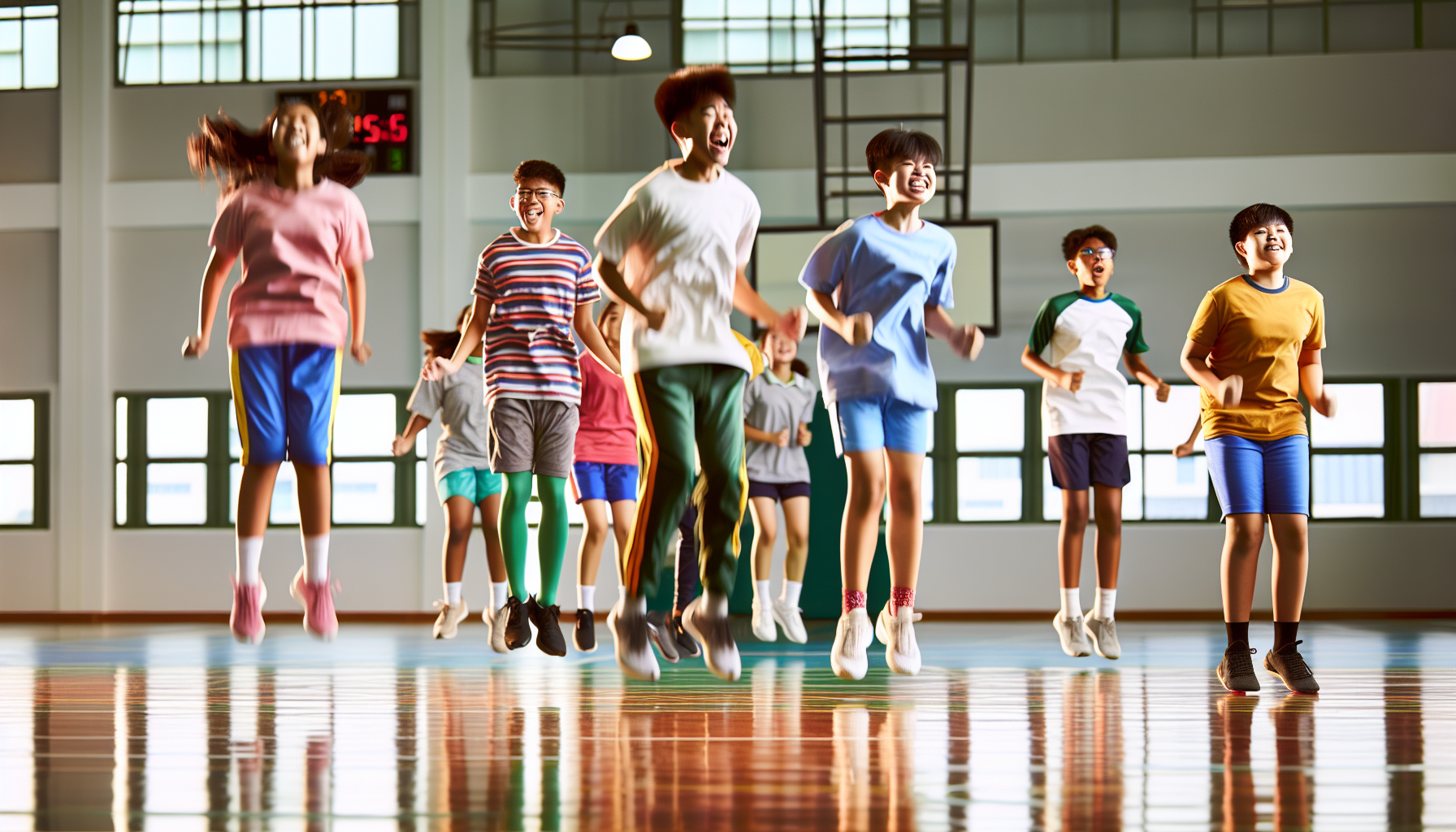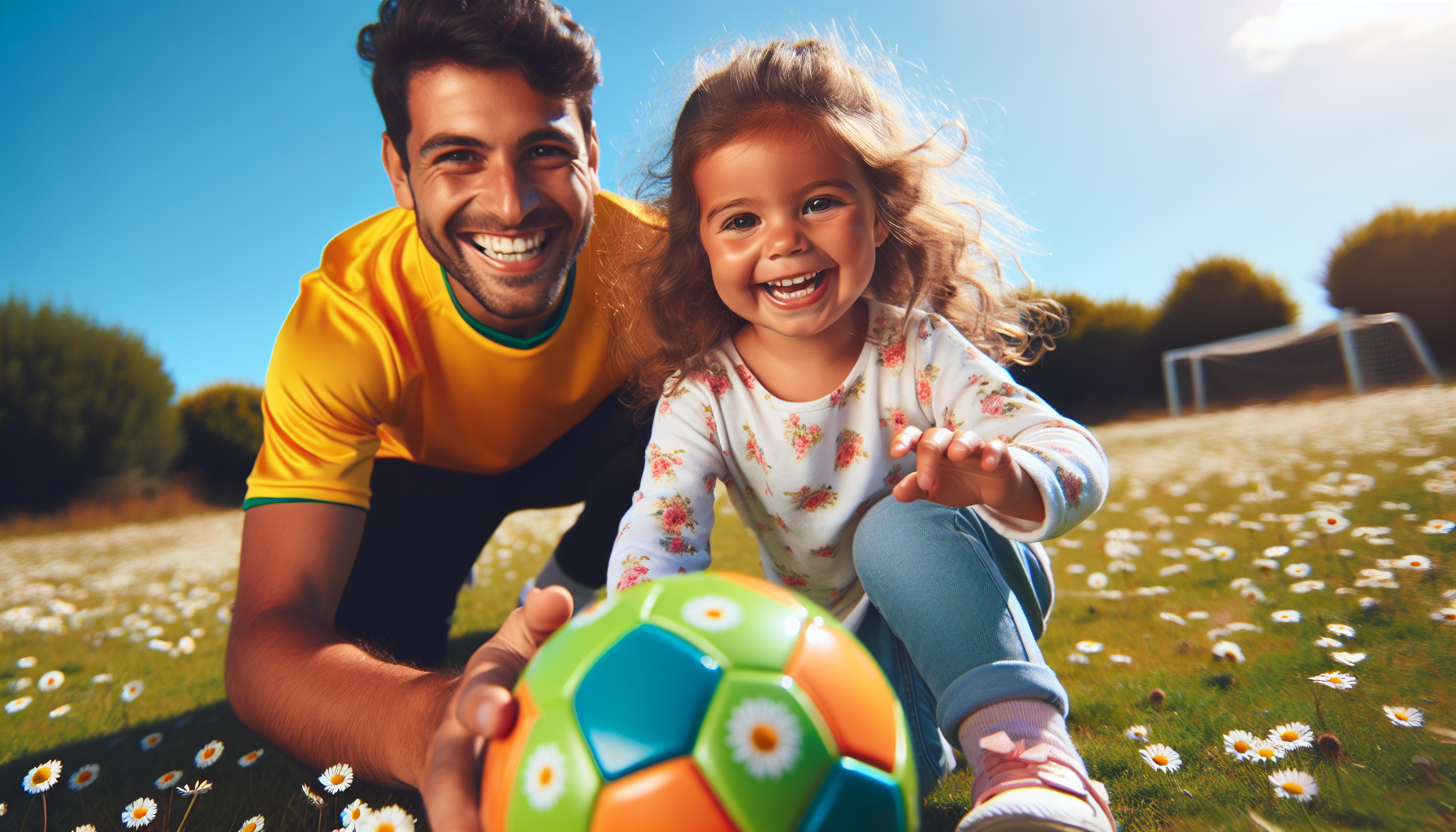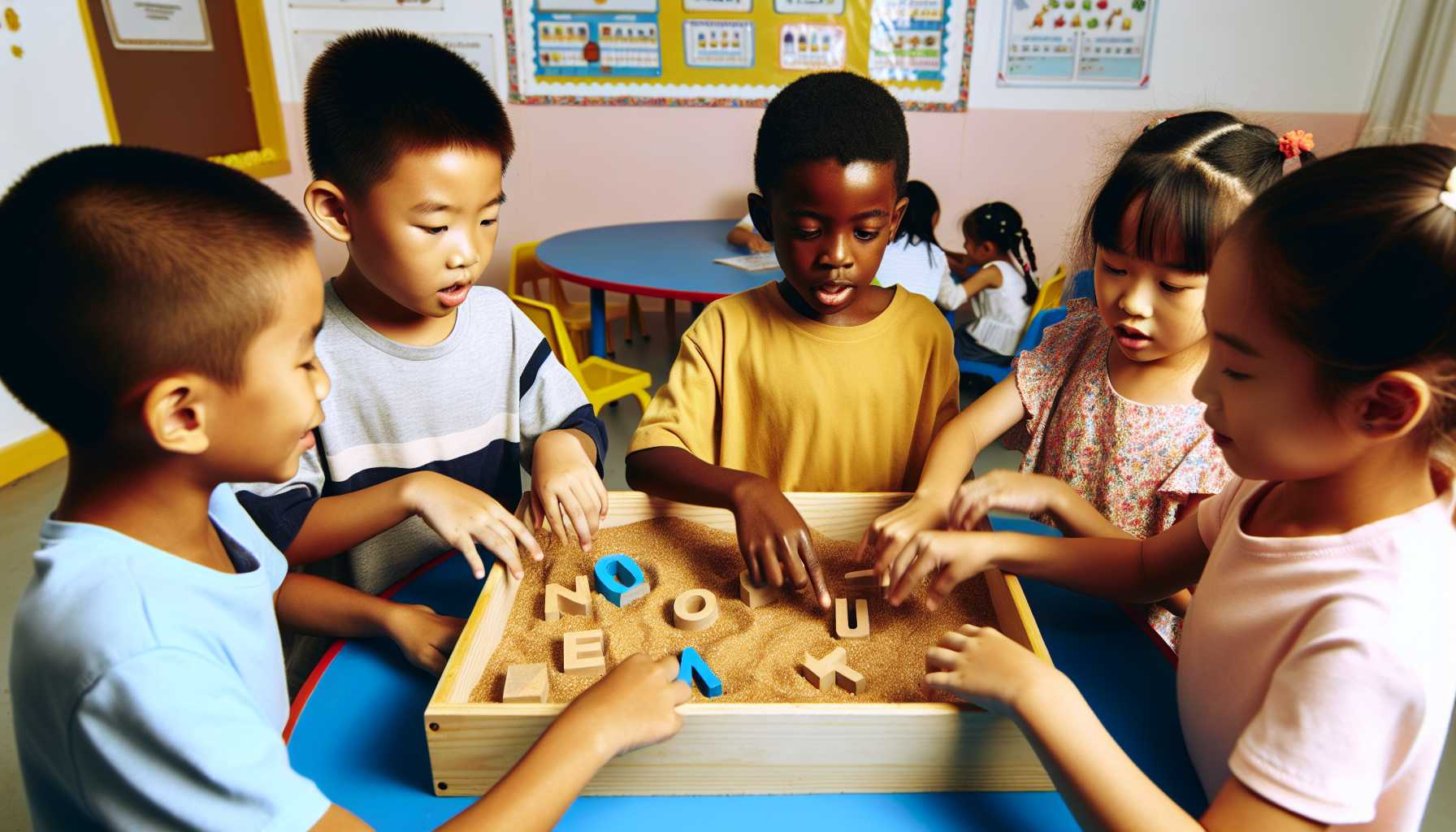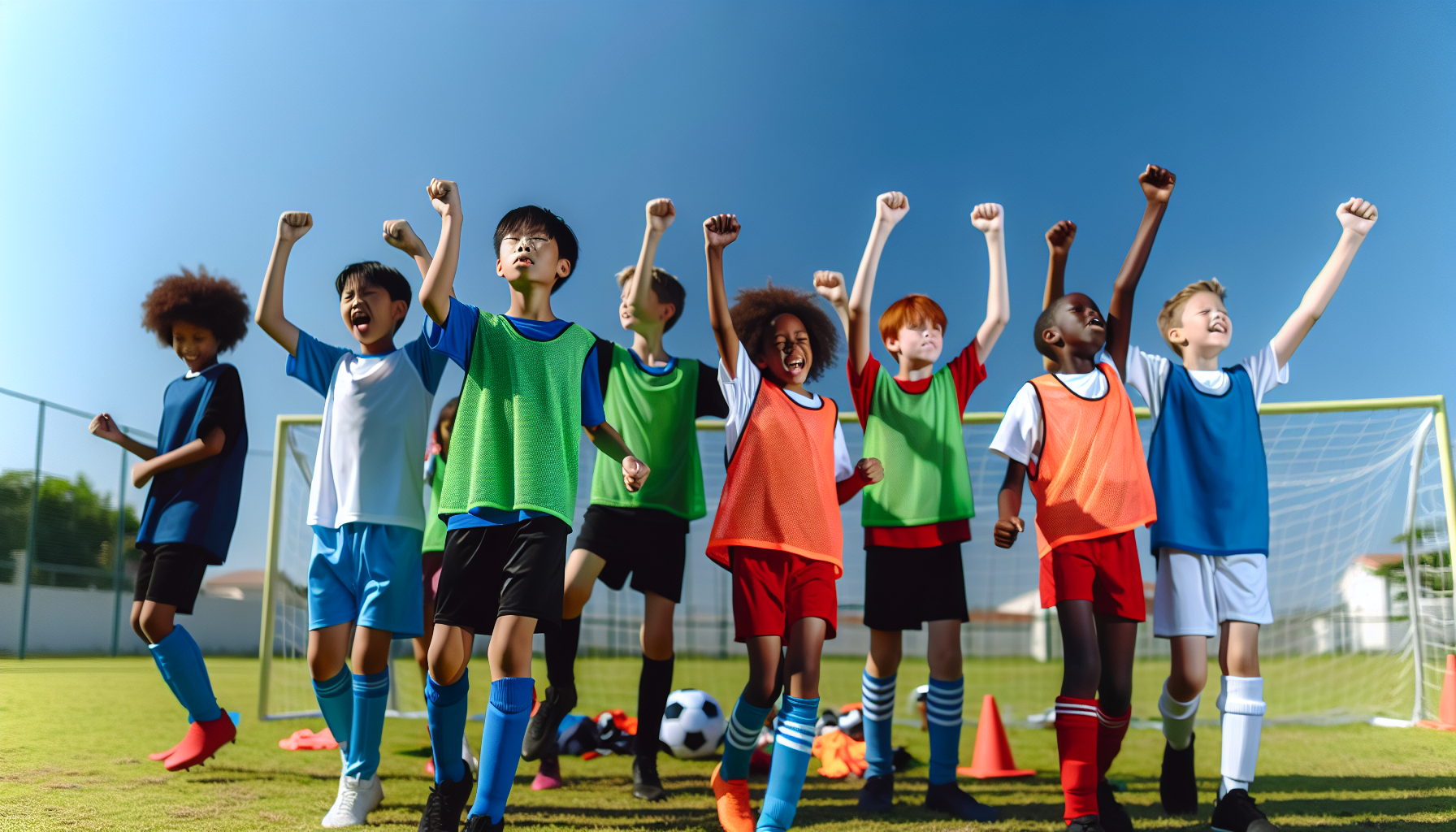Essential and enjoyable—sports teach kids crucial skills that go beyond the playground. From balance to cooperation, the fun and fundamental basic skills every kid should learn in sports are stepping stones to success. Ready to dive in? Let’s explore these vital skills without the filler, ensuring your child gets the most out of their game time.
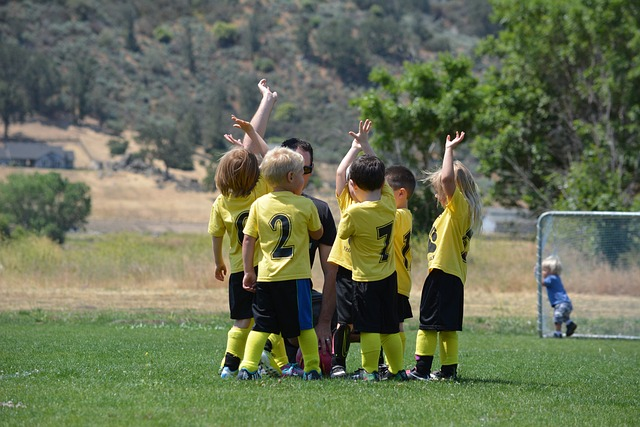
Table of Contents
ToggleKey Takeaways
- Children learn vital life skills through sports such as hard work, focus, balance, coordination, teamwork, communication, leadership, and perseverance, which prepare them for success in all areas of life.
- Participation in both team sports and individual sports contribute uniquely to a child’s development, with team sports emphasizing collaboration and sportsmanship, while individual sports focus on personal goal setting, self-motivation, and mental toughness.
- Coaches and parents play a crucial role in shaping children’s sports experiences, emphasizing the importance of creating a positive environment, encouraging practice and patience, and promoting fair play and good sportsmanship.
Building a Solid Foundation: Essential Sports Skills for Kids
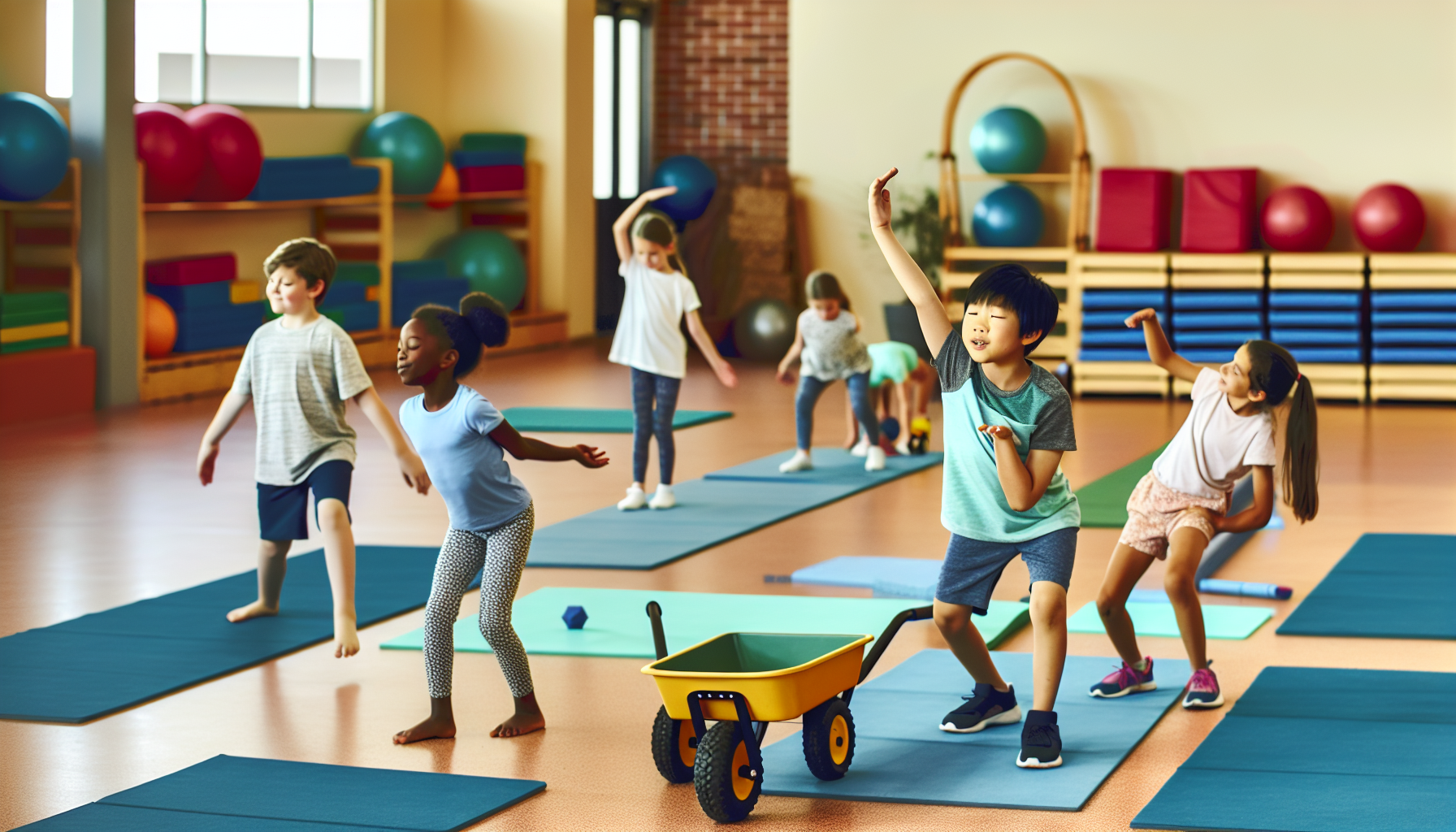
Building a solid foundation in sports is more than just learning how to throw a ball or score a goal. It’s about instilling life skills that extend beyond the playing field. The essence of sports includes:
- Hard work
- Focus
- Balance
- Coordination
These fundamental aspects of sports translate into valuable life lessons, each serving as a unique life lesson.
Embarking on a journey to play sports, young athletes soon realize that success is the result of persistent effort and commitment. They learn valuable lessons of patience and perseverance while playing sport, mirroring a football player who invests hours in perfecting a free throw.
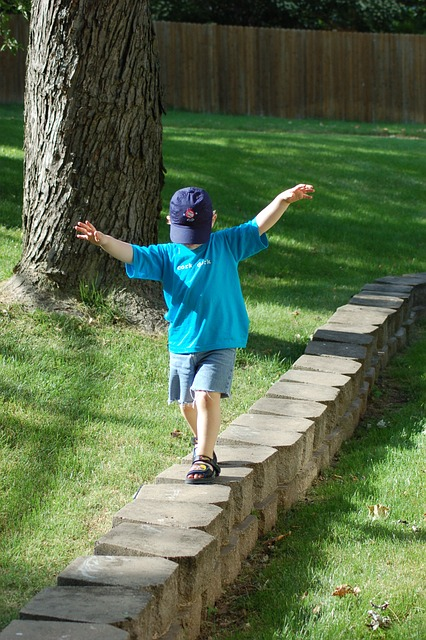
Balance and Coordination
Balance and coordination lie at the heart of every sport, enabling athletes to perform with precision and smoothly integrate various physical movements. Activities like standing on one foot or practicing yoga poses are effective ways to enhance these skills, providing additional health benefits as well.
In addition to yoga, playful activities and exercises such as wheelbarrow walking, crab walking, and ball skills also play a significant role in developing coordination. These activities require children to control their body movements and adapt them according to various situations, thereby enhancing their physical skills.
Agility and Speed
Agility and speed, both fundamental to sports, empower athletes with quick reaction times and fluid direction changes, indispensable traits for most sports. Through engaging activities like tag games and relay races, children can significantly improve their agility and speed.
Furthermore, incorporating sprints and interval training in their routines facilitates speed development in young athletes. Simultaneously, drills like jumping and landing on one leg, followed by a slow squat, can significantly improve an athlete’s control over their movements, reducing injury risk and boosting performance.
Strength and Endurance
For achieving success in sports, strength and endurance are of paramount importance. A well-designed strength training program can enhance a child’s strength significantly, displaying improvements of 30% to 50% after just 2 to 3 months. Such training emphasizes proper form and technique, starting with lighter weights before gradually increasing the load, ensuring safety and effectiveness.
In addition to weight training, swimming is an excellent way for children to build endurance. Providing a full-body workout, it combines the fun of water-based games with the benefits of physical activity. Swimming not only helps in building stamina but also enhances cardiovascular health, which is essential for long-term athletic performance.
Helping children achieve their athletic goals, these activities also contribute to their overall physical development. They learn about the importance of regular exercise, proper nutrition, and adequate rest, which are all critical components of a robust training regimen. These foundational elements of physical fitness not only prepare young athletes for the demands of competitive sports but also set the stage for a healthy and active lifestyle.
The Power of Team Sports: Lessons Beyond the Field
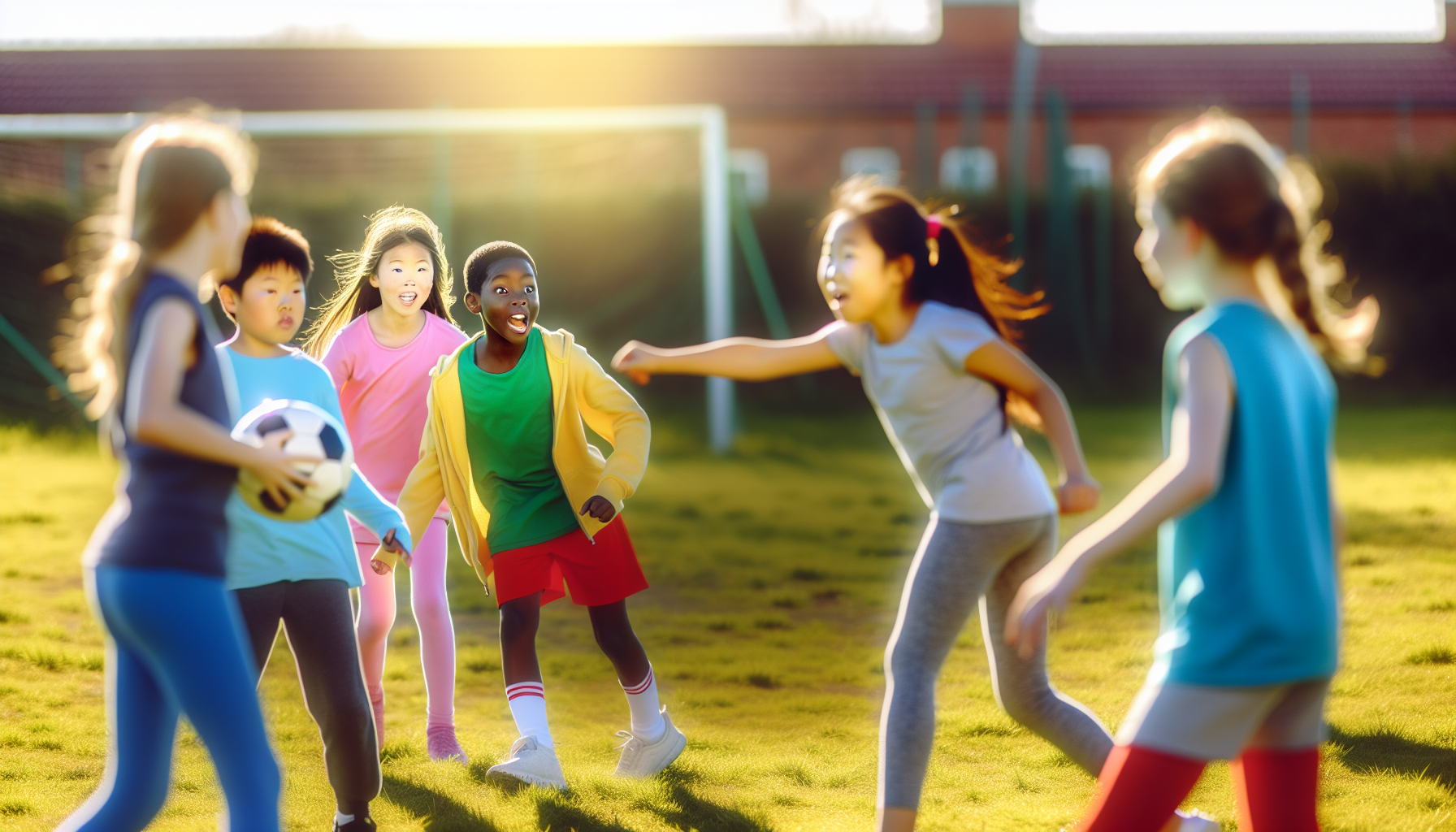
Team sports offer a platform where children absorb far more than mere ball-passing techniques. They provide an introduction to essential skills such as:
- cooperation
- communication
- sportsmanship
- problem-solving
These important life skills help children develop life skills that extend beyond the field and become an integral part of their professional life and other aspects of their lives.
From the basketball court to the soccer field, every team sport offers a set of unique lessons where kids learn. They instill in children a sense of sportsmanship, teaching them to respect opponents and value fair play. Simultaneously, they equip children with the ability to solve problems by practicing strategies and making critical decisions under pressure.
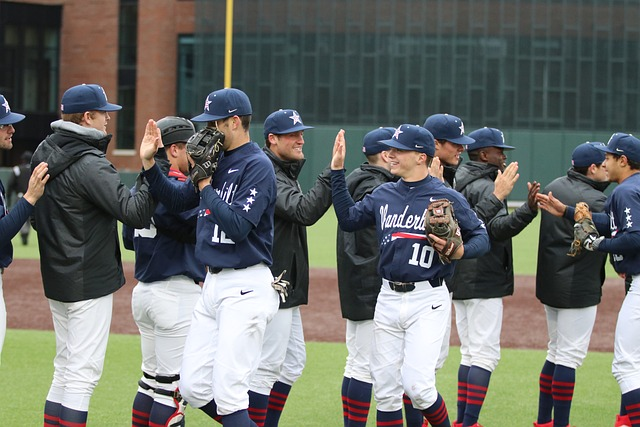
Communication and Collaboration
Engaging in team sports is an excellent way for children to learn effective communication skills and collaboration. These skills are crucial for success in both sports and everyday life. Good communication can minimize misunderstandings and improve the execution of tasks in various life contexts.
Moreover, team sports:
- Encourage children to listen to different perspectives
- Enhance their problem-solving skills
- Provide an opportunity for team members to provide emotional support for each other
- Foster empathy and understanding the demands of the game
Leadership and Responsibility
Participation in team sports fosters leadership skills, responsibility, and accountability. They present opportunities for children to improve their presentation skills, which are crucial for leadership and effective communication. By emphasizing task delegation within a team, sports help participants lead others towards achieving collective goals.
Team sports also foster a sense of responsibility in children. They learn to understand the impact of their actions on others and acknowledge their mistakes, reinforcing accountability. These experiences teach children that making excuses or blaming others is counterproductive, instead encouraging them to be proactive rather than passive participants in their own lives.
Additionally, team sports provide a framework for children to develop their ability to lead and to be accountable for their actions. They gain experience in guiding their peers and taking responsibility for the team’s success or failure, which translates into valuable life lessons applicable in many areas of life.

Resilience and Perseverance
Children who participate in team sports develop resilience and perseverance, preparing them for future life challenges. Learning to be humble in victory and respectful in defeat teaches them to handle life’s ups and downs positively.
Participation in team sports encourages children to:
- View setbacks as opportunities for growth
- Foster resilience and the ability to persevere through adversity
- Equip them with the skills to handle challenges with flexibility and strength
Individual Sports: Developing Focus and Self-Discipline

Individual sports serve as a platform for athletes to cultivate:
- Focus
- Self-discipline
- Goal setting
- Mental toughness
Self-discipline in sports means forgoing immediate pleasures for the sake of long-term achievements, a principle instilled early in athletes’ careers.
Diving into individual sports, young athletes grasp that achieving success stems from constant effort and dedication. They learn to value perseverance and patience, much like a football player who dedicates hours to perfecting a free throw.

Goal Setting and Time Management
Goal setting is an integral part of individual sports. It enhances motivation, focuses the athlete’s attention, and provides both short and long-term direction. Athletes often adopt the SMART goals framework, which encourages the setting of:
- Specific objectives
- Measurable objectives
- Attainable objectives
- Realistic objectives
- Time-based objectives
Setting realistic goals is vital for young athletes, as it helps prevent burnout and ensures that their involvement in sports remains driven by passion. Effective goal setting inherently involves good time management, enabling athletes to dedicate the appropriate effort and attention towards meeting set objectives within specific timeframes.

Self-Motivation and Independence
Self-motivation and independence are crucial for athletes in individual sports. They propel them to improve and succeed without relying on external reinforcement. Athletes in individual sports use self-motivation to set personal goals and work towards them independently, establishing a motivational pattern conducive to success.
Independence in individual sports fosters self-reliance through personal accountability for training routines, decision-making, and handling the results of competitions. This sense of independence leads to personal growth and enhanced resilience.
Mental Toughness and Coping with Pressure
Mental toughness and the ability to cope with pressure are key attributes developed through individual sports. Focus is the key to winning in any sport, and individual sports particularly help athletes to hone this skill.
Confidence, a player’s belief in their ability to perform well, can be developed through the successes and challenges faced in individual sports. The amplified pressure from public visibility demands strong coping skills in young athletes for managing the associated stress. Through sports, children learn healthier emotional and mental stress coping strategies, enabling them to deal with various pressures in a constructive way.
Inclusive Sports: Encouraging Participation and Social Skills
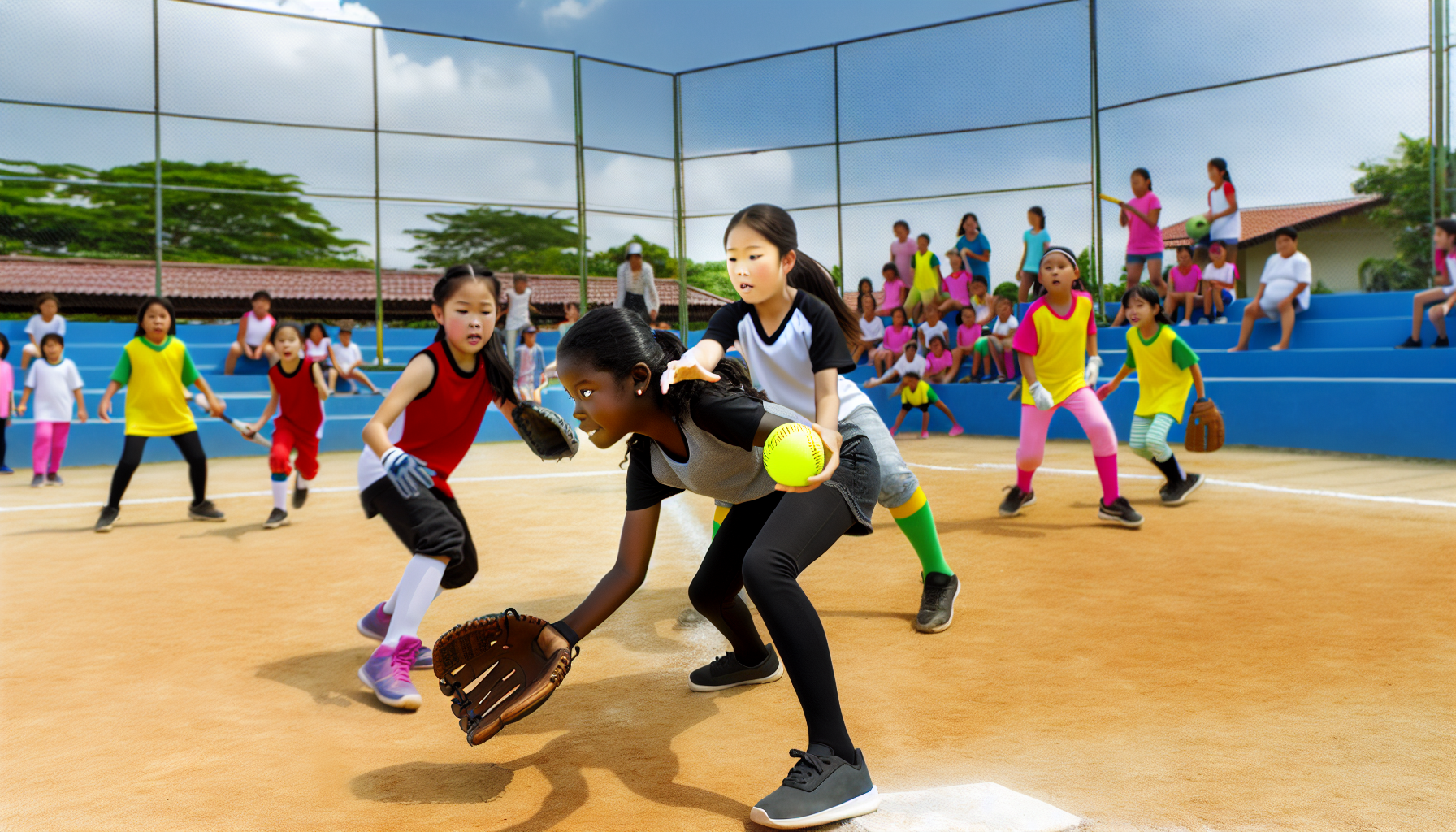
Inclusive sports environments cultivate enduring engagement and promote the development of essential social skills, aiding children in forming new friendships and excelling in social situations. From the basketball court to the soccer field, every sport offers a set of unique lessons. They instill in children a sense of sportsmanship, teaching them to respect opponents and value fair play.
Participation in inclusive sports creates a sense of safety and inclusion, thereby encouraging continual participation and enjoyment in sports. Some games that can help stimulate problem-solving, creativity, and collaboration, enhancing team bonding and collaboration include:
- ‘Shrinking Island’
- ‘Tower of Power’
- ‘LEGO Copycat Game’
- ‘Hula-Hoop Hut’
These games can be a great way to create a positive and inclusive environment for all participants.
Adapted Sports for Kids with Disabilities
Organizations like Adaptive Sports for Kids provide inclusive sporting opportunities for children with disabilities. They offer a range of adapted sports including:
- Tae Kwon Do
- Baseball
- Soccer
- Bowling
- Basketball
- Fishing
These activities are provided at no cost to the participants.
These adapted sports allow children with disabilities to experience the joy of playing sports, enhancing their physical skills and fostering a sense of inclusion. They provide a platform for these children to engage in physical activity, boost their confidence, and make new friends.
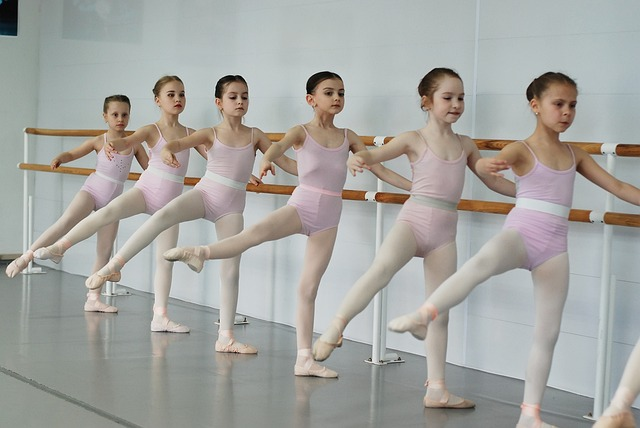
Non-Competitive Sports for Building Confidence
Engaging in non-competitive sports like dance and yoga helps children build confidence and enjoy exercise. Dance forms such as:
- tap
- jazz
- ballet
- hip hop
- ballroom dancing
Allow children to explore movement, rhythm, and self-expression through physical education, building physical confidence.
Yoga presents a calming, non-competitive environment for children to improve flexibility and try various poses. It contributes to their enjoyment of exercise and personal well-being, fostering a stronger sense of an authentic self and purpose.
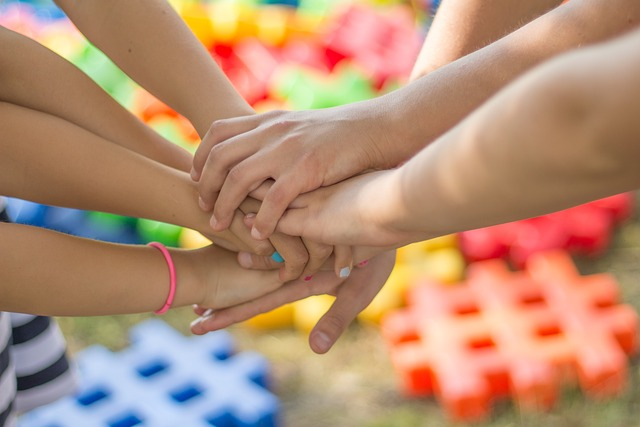
Cooperative Games for Team Bonding
Cooperative games promote teamwork, communication, and problem-solving skills. Games like ‘Just Keep It Up’ and ‘Parachute Games’ require coordination and active collaboration to achieve a common goal, enhancing team bonding and collaboration.
Other games such as ‘The Stick,’ ‘Hula-Hoop Hut,’ and ‘Hoop Pass’ provide physical challenges that teams must overcome together. These games help to build trust and mutual support among teammates, fostering a sense of unity and collective effort.
The Role of Coaches and Parents in Teaching Sports Skills
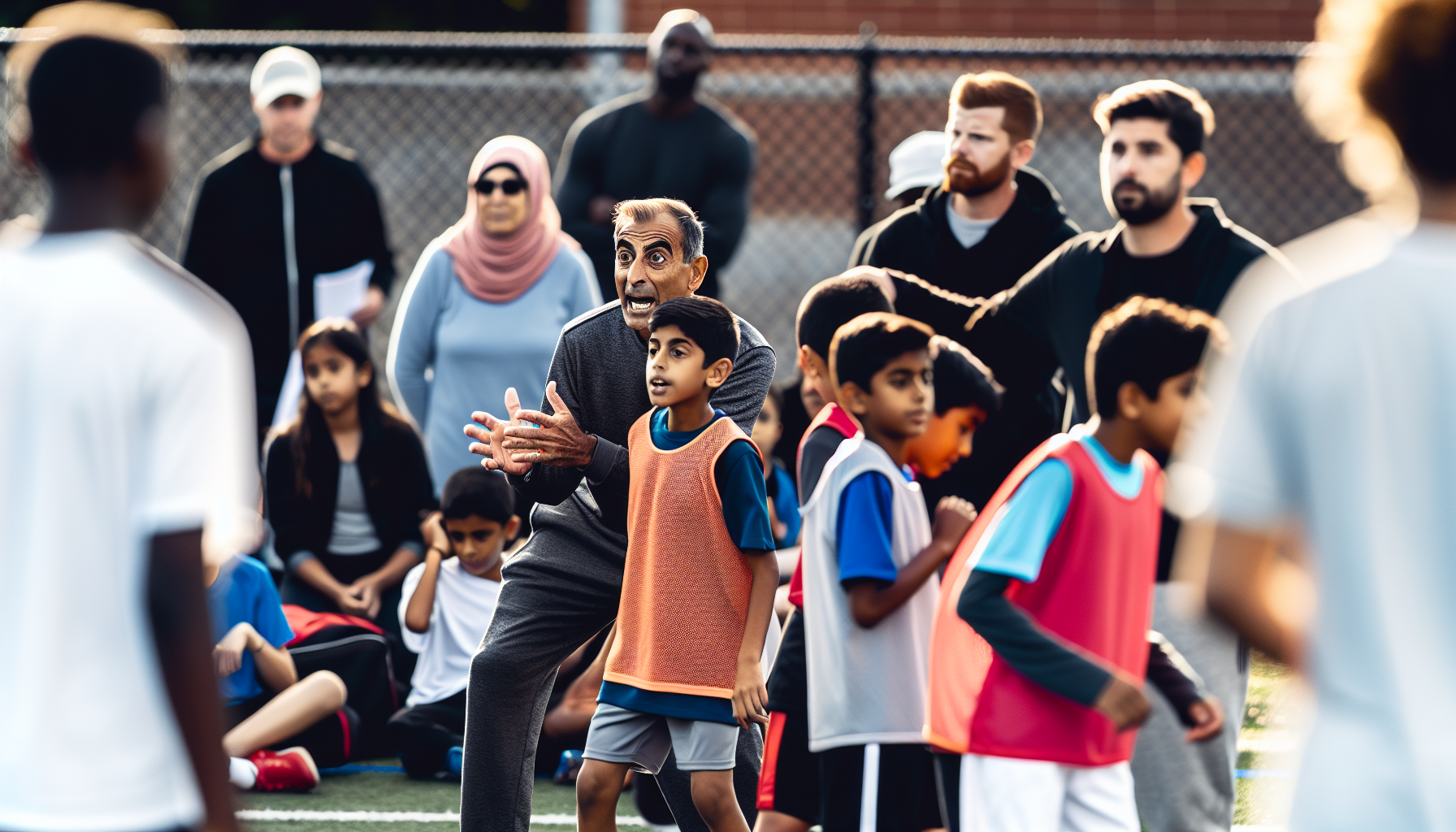
Coaches and parents are instrumental in a child’s sporting journey, establishing a conducive environment, fostering patience and practice, and advocating for fair play and sportsmanship. Programs like the League Excellence Program by USA Football aim to recognize and encourage youth football organizations for their commitment to creating great environments for athletes and families[5_1]].
Parents have a pivotal role in motivating athletes to assume responsibility for their own growth and communication, vital for fostering personal development and independence. On the other hand, coaches are pivotal in establishing a sense of safety and inclusion, thereby encouraging continual participation and enjoyment in sports.
Creating a Positive Environment
A positive coaching environment for children is characterized by support, non-judgmental attitudes, and encouragement. It provides opportunities for skill development and places an emphasis on fun. This type of environment leads to improved sportsmanship and social skills enhancement. It also has a positive impact on mental health outcomes, while supporting the emotional well-being of kids.
Understanding that children mature at different rates and have distinct worldviews is crucial for adults. This awareness allows them to guide young athletes effectively in sports. Recognizing individual needs and providing tailored support can make a significant difference in a child’s sports experience.
Parents and coaches play a key role in shaping young athletes’ behavior. They do this by modeling patience and demonstrating appropriate reactions to various sports situations. Their influence is instrumental in helping children learn to navigate the challenges and triumphs of sports with grace and resilience.
Encouraging Practice and Patience
Parents and coaches should provide unwavering support and positive reinforcement to help children develop discipline and patience in sports. Athletics teach the value of practice and preparation, instilling the discipline needed to achieve goals as an individual or team, and ultimately in life success.
Patience is a skill that can be developed through involvement in team sports, where children learn to wait for opportunities to contribute and understand the importance of teamwork. Both parents and coaches have a significant role in promoting practice and patience; unwavering support and positive reinforcement from parents paired with constructive feedback from coaches can spur improvement.
Promoting Fair Play and Good Sportsmanship
Coaches and parents should model and enforce fair play and good sportsmanship, creating a positive and inclusive sports experience for children. Coaches must create a welcoming environment by being transparent about acceptable behavior and by fostering a culture of support and sportsmanship.
Implementing a Code of Conduct for players, with clearly defined unacceptable behaviors and strictly enforced penalties, helps maintain sportsmanship. By consistently setting and communicating sportsmanship expectations, youth sports organizations can reduce player drama and increase participation.
Summary
In conclusion, sports play a crucial role in children’s development. They provide a platform for children to learn essential life skills such as hard work, focus, balance, coordination, communication, leadership, and resilience. Both team and individual sports offer unique lessons that shape a child’s life.
Moreover, inclusive sports environments foster long-term engagement and social skills development. Coaches and parents play a pivotal role in this journey, creating a positive environment, encouraging practice and patience, and promoting fair play and good sportsmanship. So, let’s encourage our children to engage in sports, not just for the physical benefits but also for the invaluable life lessons they offer.

Frequently Asked Questions
What are the 7 essential life skills?
The 7 essential life skills include problem solving, critical thinking, communication, decision-making, creative thinking, interpersonal relationship skills, self-awareness, empathy, and coping with stress. Embrace these skills to thrive in life.
What are the fundamentals of sports?
The fundamentals of sports include fundamental movement skills (FMS) like running, jumping, throwing, catching, and fundamental sport skills (FSS) such as invasion, net and wall, and striking and fielding skills. Mastering these skills is key for excelling in different sports.
What is the best sport for child development?
The best sport for child development is soccer, as it is non-contact, promotes lots of running, and is easy to play for kids of all ages, sizes, and abilities. Swimming is also a great option for building strong bodies and improving coordination and flexibility.
What are some fundamental skills children can learn from sports?
Sports can teach children essential life skills such as hard work, focus, communication, and resilience, helping them develop into well-rounded individuals.
How do team sports benefit children?
Team sports benefit children by teaching them valuable life lessons such as cooperation, communication, sportsmanship, and problem-solving, while instilling a sense of respect for opponents and fair play. Embrace the positive impact of team sports on a child’s development and character!
Share this post: on Twitter on Facebook on Google+

